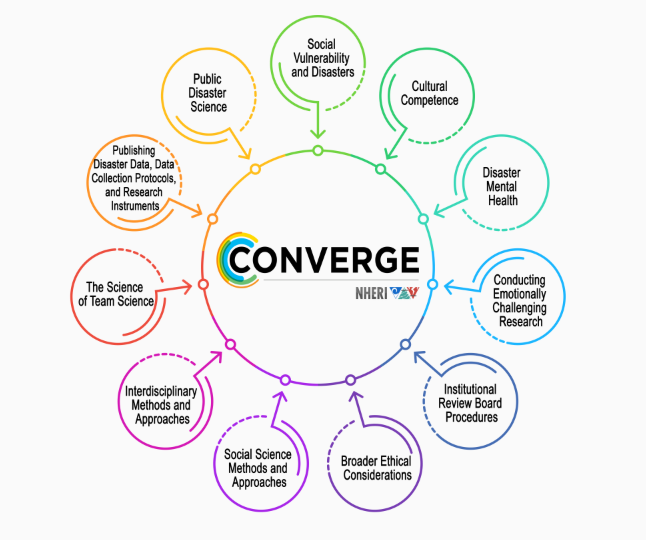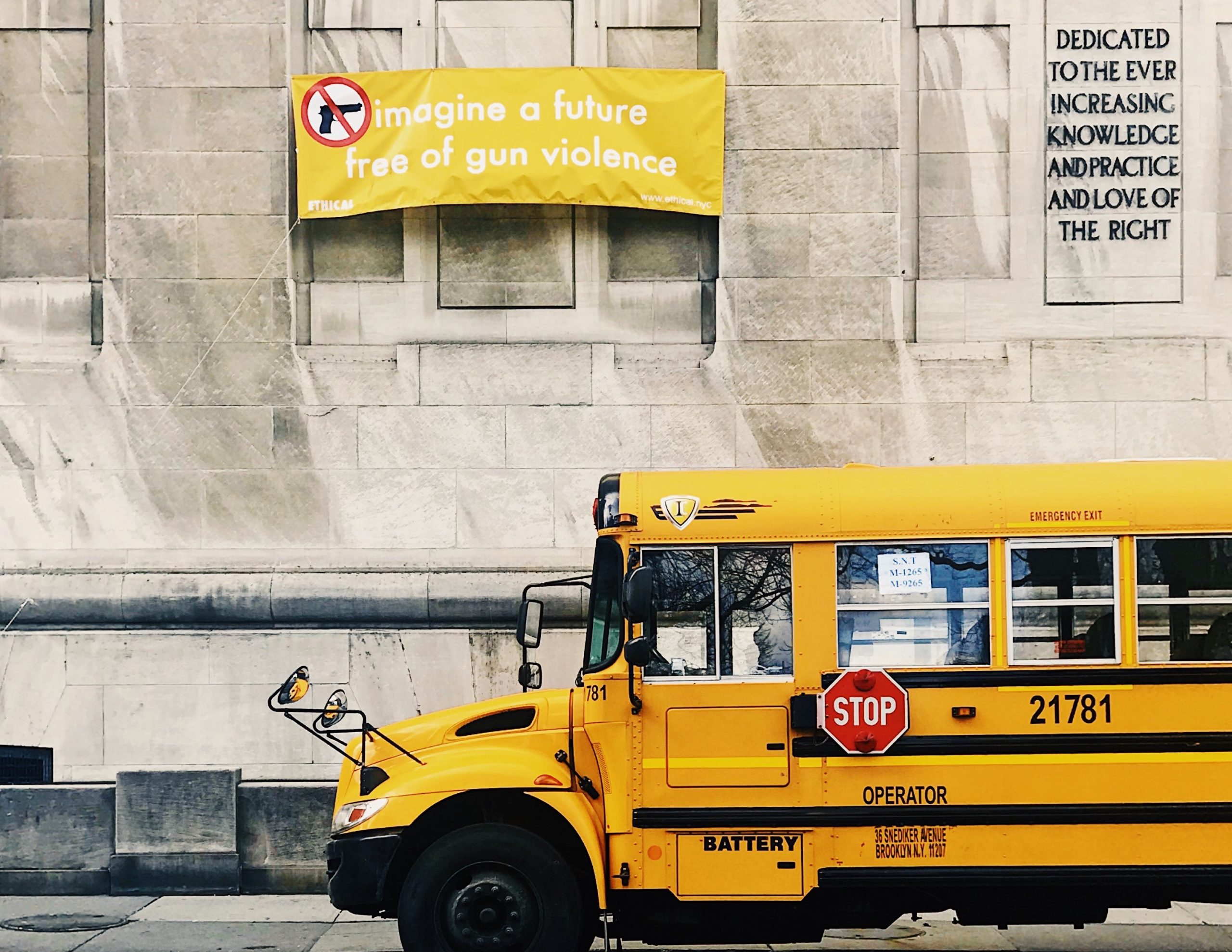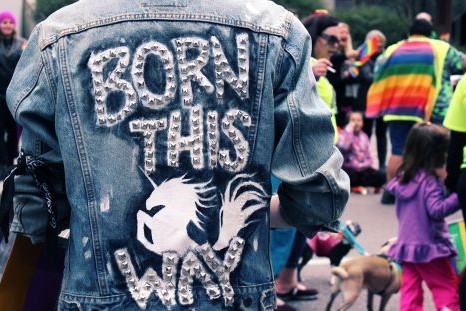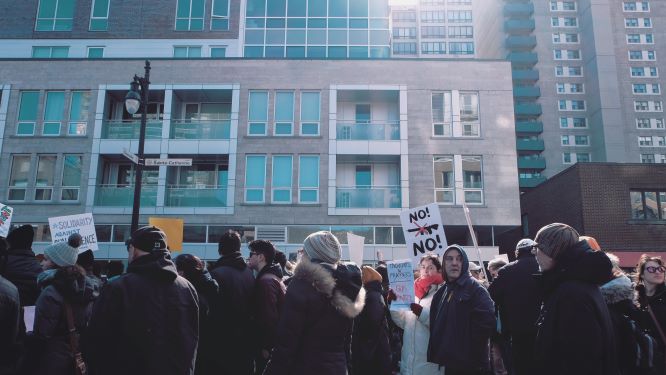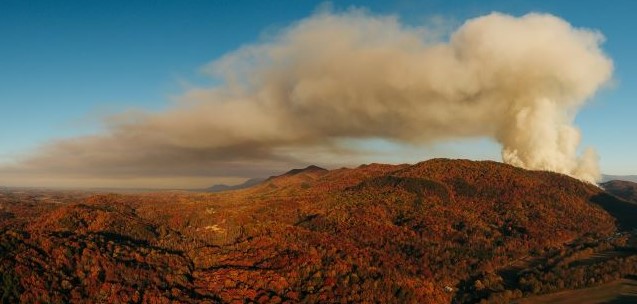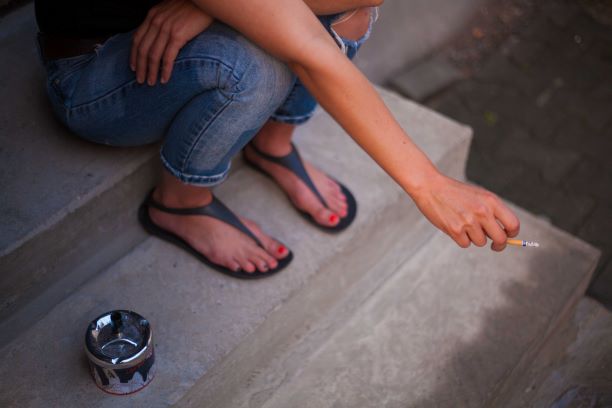CU Population Center (CUPC) at the University of Colorado Boulder is currently recruiting two postdoctoral fellows with expertise in population-environment research, to start August 2020. The initial term of appointment is one year, but reappointment for a second year is possible, subject to performance evaluation.
CUPC, housed in the Institute of Behavioral Science, is a national leader in demographic research on population health, environmental demography and migration patterns and processes. This postdoctoral research position builds on CUPC’s strengths in environmental demography, and within that area, candidates should have research expertise in migration-climate-health linkages, rural demography, social vulnerability and natural hazards, and/or urbanization processes and their effects on the environment and health.
Candidates must have experience in quantitative methods, the use of computational, statistical or data scientific approaches applied to social science or interdisciplinary research settings as well as data integration that involves spatial and non-spatial data. They are expected to bring particular interest in interdisciplinary research and will be expected to participate in, and develop, projects collaborative with Earth Lab Boulder, an initiative harmonizing the wealth of Earth observation data to facilitate innovative scholarship using combinations of satellite, survey, and field data at various spatial and temporal scales.
Postdoctoral fellows are expected to spend time working independently as well as collaboratively with CUPC faculty affiliates on large-scale research projects and grant proposals. Postdoctoral researchers will be resident within CUPC in the Institute of Behavioral Science, will coordinate and/or participate in relevant working groups, regularly attend and present within the CUPC speaker series and other CUPC workshops and mentoring activities. We also expect fellows to attend the Population Association of America (PAA) annual meetings, submit one or more population-focused articles for publication during their time at CU Boulder, and help strengthen connections between CUPC and Earth Lab.
Qualifications for CUPC post-doctoral researchers:
- Doctoral degree in social sciences related to CUPC research themes;
- Strong quantitative background;
- Experience in integrating and analyzing large, and/or heterogeneous datasets;
- Demonstrated contributions to open science or willingness to contribute to open science;
- Demonstrated publication and grant-writing skills;
- Team spirit and interest in interdisciplinary research settings.
Application Deadline: December 31, 2019
Job posting: https://jobs.colorado.edu/jobs/JobDetail/CUPC-PostDoctoral-Associate/15689
Application Details: Marisa.Seitz@colorado.edu (please note that you must apply via CU's job posting link above)
Position Details: Lori.Hunter@colorado.edu; Stefan.Leyk@colorado.edu

